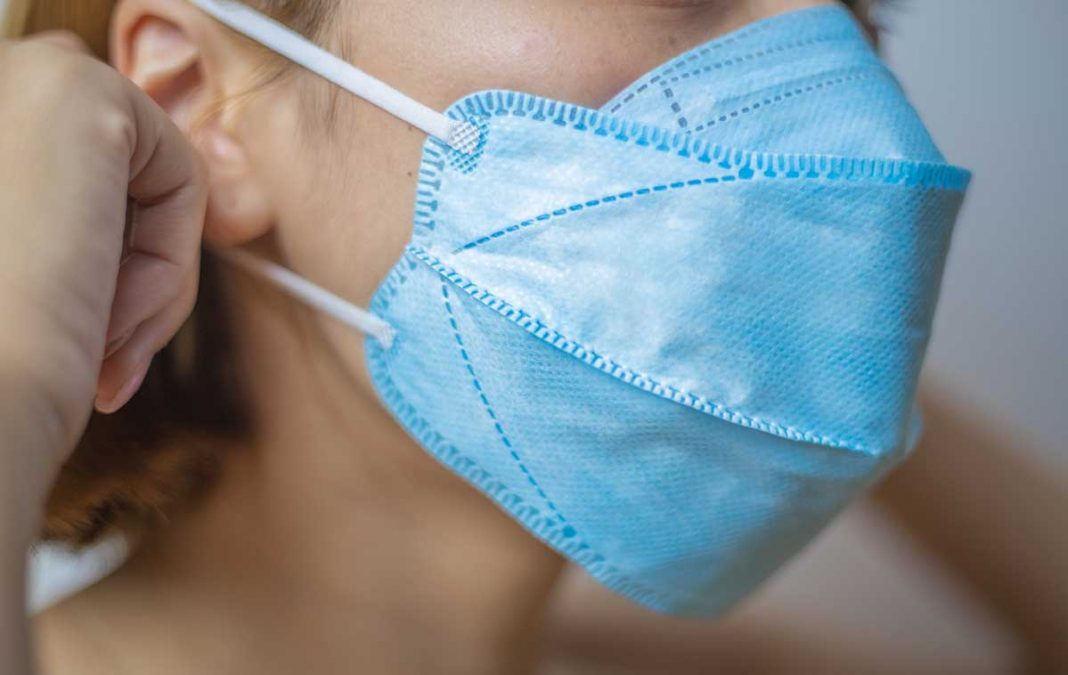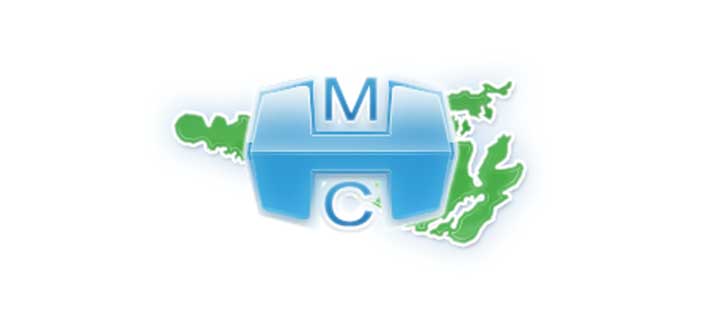ONTARIO – As certain businesses across Canada begin to reopen, they face a similar question—what personal protective equipment (PPE) do I need to keep my staff and patrons safe, and where can I get those safety items that are in such high demand?
That question has been front-of-mind for Mindemoya’s Maja Mielonen, proprietor of Maja’s Garden.
“The health unit says you need to have (certain PPE), but what if you don’t have access to it? It becomes a real dilemma if you have obligations from the province, the health unit and municipalities,” said Ms. Mielonen. “We looked at a four-litre container of hand sanitizer, it was $200. Which little business can afford to reopen under these … conditions?”
The most important PPE users are hospitals and other health care providers. Aside from urging that all citizens wear a non-medical face mask in public, the Ontario and Canadian governments have not mandated any specific PPE requirements for business owners and employees.
General guidelines state that businesses can reopen during the current phase one of Ontario’s framework if they can adapt to public-health best practices.
Some of the recommendations include providing hand sanitizer to front-line workers, regularly disinfecting surfaces and maintaining two metres of distance between people.
That isn’t enough, stated the Canadian Chamber of Commerce’s senior director of international policy, Mark Agnew, in an April 24 release.
“Trade restrictions on (PPE) and government health care demands have made the issue one of national concern,” Mr. Agnew stated, urging a national plan to get PPE for businesses. “By working together, business and governments can move quickly to make this happen, as we have already seen throughout this crisis.”
The following day, Prime Minster Justin Trudeau agreed with that principle, saying no sector of the economy should reopen unless the country has enough protective supplies.
While many employers encourage PPE use to keep their customers and employees safe, obtaining those items is a challenge.
“There needs to be a localized, organized way to get what you need to function and reopen,” said Ms. Mielonen. “I think the health unit would be perfect for that.”
What she envisioned was for public health units in Ontario to act as a liaison between PPE suppliers and businesses, adding those duties to their staff’s workload.
Since public health officials are responsible for issuing health guidelines to various types of employers, they should know best the PPE needs of each sector and be able to balance those needs while keeping enough supply for health workers.
Public health officials already have to visit certain businesses regularly, such as restaurants for health inspections, and they could bring PPE orders with them, said Ms. Mielonen.
Having all businesses order through a single point would also likely mean better pricing, she said.
Taking on this role for the entire catchment area of Public Health Sudbury and Districts (PHSD) might be a monumental undertaking for the already-busy health unit. There are more than 1,000 businesses in the District of Manitoulin, plus many more in the District of Sudbury and the City of Greater Sudbury.
PHSD spokesperson Jonathan Groulx said there are no plans currently in place for the health unit to act as a central PPE order service.
Much like the Ontario Ministry of Health, PHSD has produced guides for businesses, employees and the public about staying safe.
It strongly encourages everyone to wear non-medical masks when in public to help contain airborne droplets.
Ms. Mielonen suggested that municipalities could also assume the role of PPE co-ordinator for businesses.
Central Manitoulin community development/outreach co-ordinator Marcus Mohr said that the municipality is not presently looking to take on that role for all companies.
“If businesses are having trouble finding PPE we would certainly help them look into where they could get it from or assist them,” he said. “PPE is, and was, pretty scarce for a while. Supplies are starting to come back up now but for a lot of those items, they’re asking that (the public) not use them because they’re needed for front-line health workers.”
Canada has increased its international PPE procurement in the past month but has faced challenges.
Earlier this month, Canada’s orders were reduced by millions of units due to cancelled or reduced orders from suppliers and N95 respirators later failing tests.
Northeast Town economic development officer Heidi Ferguson has begun to work with area businesses to determine their needs and help connect businesses and suppliers if necessary. That town has not presently offered to act as a central ordering hub.
“I’m currently working on making a local suppliers list of PPE producers, focused on Manitoulin and the surrounding area. The Ontario government has its own list of suppliers here in Ontario, and the Government of Canada website has one too, so I’m sending links to that,” said Ms. Ferguson.
She said businesses have mostly been looking for suppliers but the town may consider facilitating central ordering if that is desired by businesses.
Another issue for Ms. Mielonen was the wide interpretations of the rules on procedures and PPE. Various health organizations have issued best practices tailored to different employment sectors.
However, it becomes difficult to encompass all the minutia of individual business operations without having to write a plan for each company. Enforcement officers often have to make judgment calls when providing advice for businesses.
Ms. Mielonen described contrasting procedures at two Island banks as an indication of the uncertainty.
“It seems to me that province-wide laws are interpreted extremely differently, including for businesses that are considered (essential),” she said. “It feels more like the Wild West where everybody decides their own thing, which is confusing in the end to everyone—including the businesses.”
Ontario has an information line for business owners, although some employers have reported receiving conflicting advice. The service, accessible at 1-888-444-3659, can still be useful as a starting point for researching sector-specific restrictions.
PHSD also has information available for businesses and members of the public. This can be found at its website, PHSD.ca, or by calling 1-866-522-9200.





